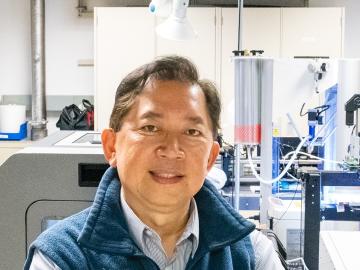
ORNL researchers are deeply involved in applying the principles of a circular economy.
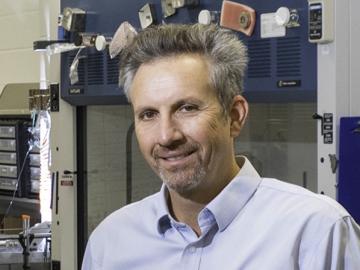
The United States — and indeed the world — is in the midst of a water crisis.
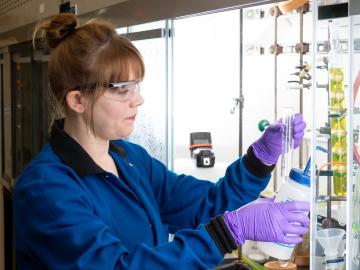
Our society’s ability to transition to clean energy technologies depends, to a great extent, on having adequate supplies of the materials needed to manufacture components that will be ubiquitous in a clean energy economy — particularly batteries and electric motors.
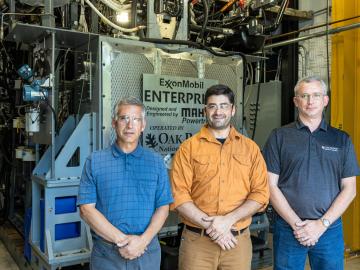
When ExxonMobil was searching for a research partner to operate a one-of-a-kind experimental engine that would enable the development of next-generation lubricants for the marine industry, one place topped the international oil and gas company’s list
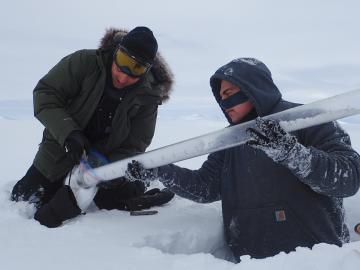
For the past six years, some 140 scientists from five institutions have traveled to the Arctic Circle and beyond to gather field data as part of the DOE-sponsored Next-Generation Ecosystem Experiments Arctic or NGEE Arctic project. We talk with the project's director, ORNL's Stan Wullschleger, about the discoveries and challenges of the NGEE Arctic project.
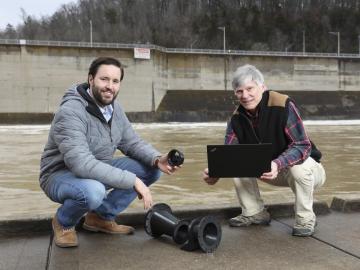
Harnessing the power of water is a practice that has been around for thousands of years, from the ancient Greeks’ use of waterwheels to grind wheat to today’s massive hydroelectric dams that supply power to millions of customers.
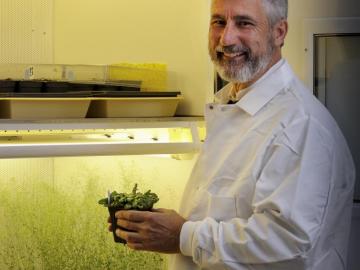
The new DOE Center for Bioenergy Innovation led by ORNL is focused on accelerating the development of specialty plants and microbial systems to support a biobased economy.

